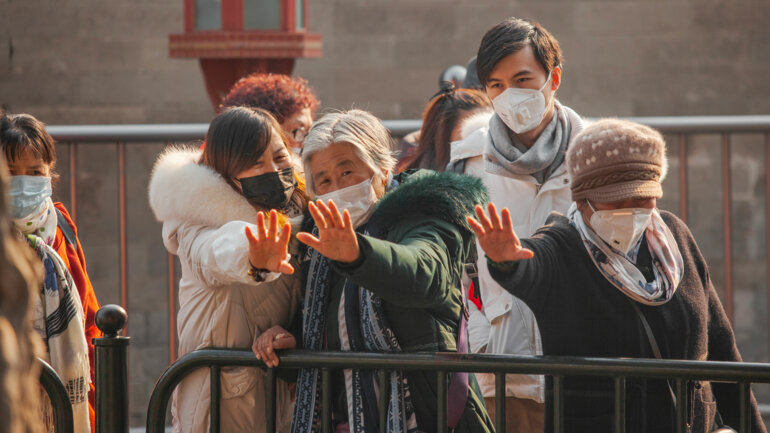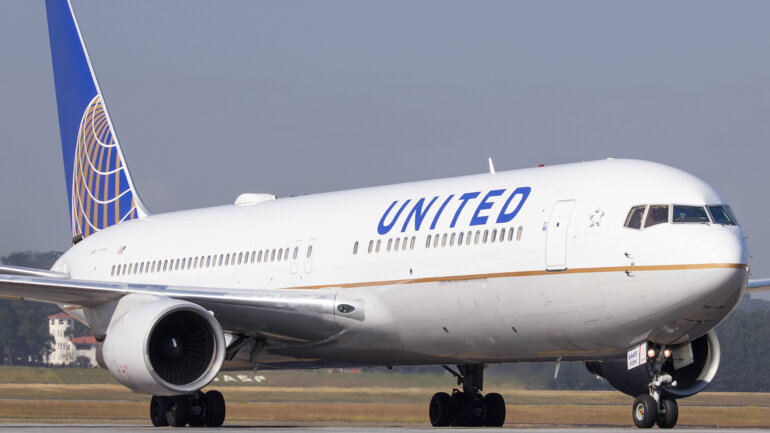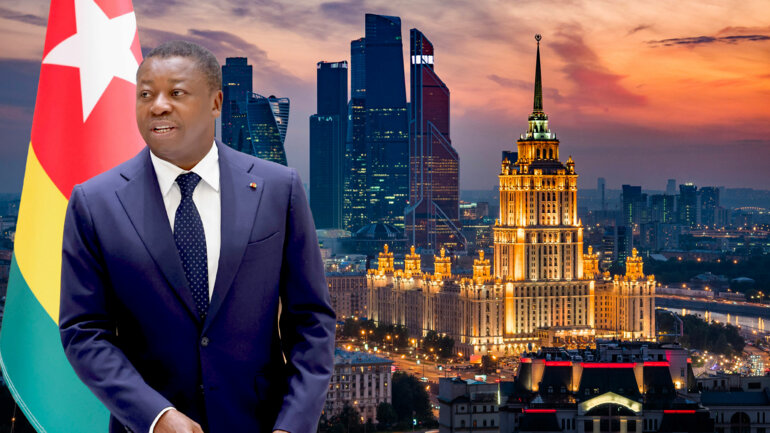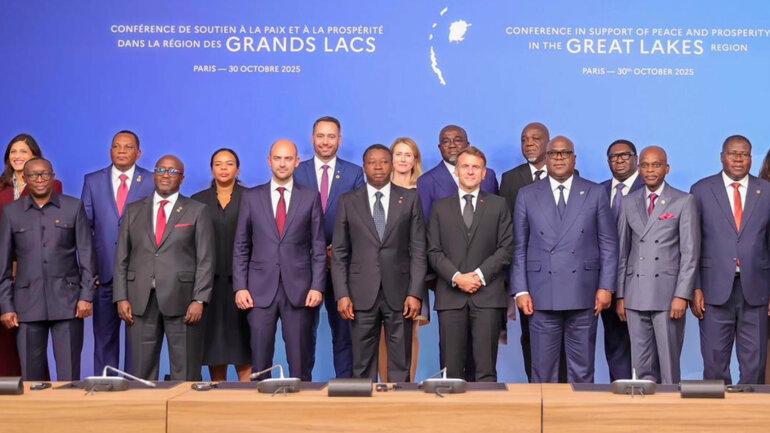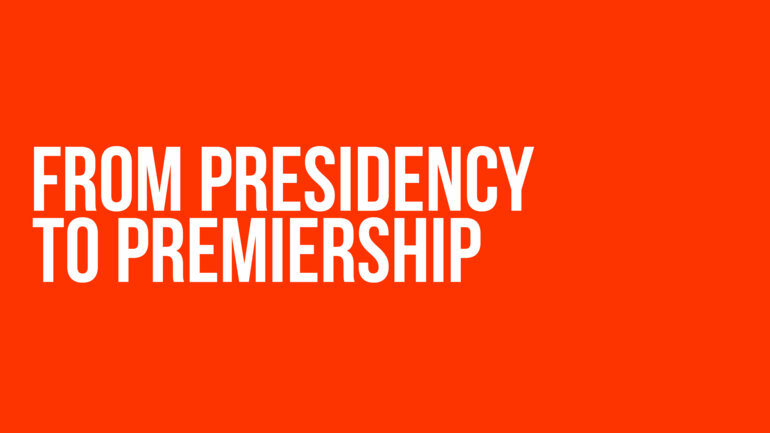
- Diplomatie
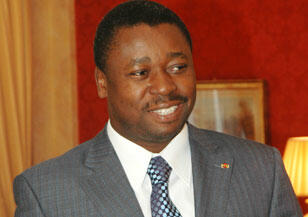
Togolese President Faure Gnassingbe on Friday denounced on state television a "coup attempt" against him after his arrested half-brother was fingered as being involved in the plot.
Gnassingbe said the coup "was planned to be staged when I was away on a working visit to China," adding that the plotters "wanted to seize power by force and destabilise republican institutions."Gnassingbe did not once mention by name his half-brother, former defence minister Kpatcha Gnassingbe, who was arrested on Wednesday for allegedly conspiring to oust his sibling.
The arrest took place outside the US embassy in Lome where Kpatcha Gnassingbe had sought asylum, after a night raid on his house. The president meanwhile cancelled his visit to China.
Togolese prosecutor Robert Bakai, responding to rumours that Kpatcha Gnassingbe was being ill-treated in custody, said: "We have taken all necessary measures to ensure his detention is acceptable, much more humane."
Bakai on Wednesday said investigations have unearthed "serious and corroborating evidence" that the president's half-brother was the kingpin of a coup plot.
By way of evidence, police displayed to the news media an array of firearms, military fatigues, flak jackets and satellite phones as well as two all-terrain vehicles.
Several officials close to Kpatcha Gnassingbe have been taken in and questioned in recent days, according to police sources.
Communications Minister Oulegoh Keyewa on Thursday condemned the plot as he thanked unnamed "friendly nations" that helped "thwart the destabilisation attempt".
Elected to parliament in October 2007, Kpatcha Gnassingbe is a ruling party heavyweight, but a rift developed between him and the president since the death of their father Gnassingbe Eyadema in 2005.
Kpatcha Gnassingbe, whose house was raided on Sunday by elite troops in an operation that led to a bloody gunfight, has been accused by state prosecutors of "trying to undermine state security," with five named military officers and a number of civilians.
A stocky former defence minister from 2005 to 2007, he is perceived as being the hardliner and conservative of the family, who combined his ministerial work with running the Lome port free trade zone.
Togo was ruled by Gnassingbe Eyadama with an iron fist and plagued with enough human rights violations to lose European Union financial support almost until his death in February 2005, when he was the doyen of African leaders.
When his sudden demise created a power vacuum, the army and the ruling Togolese People's Rally (RPT) catapulted Faure Gnassingbe into office. They put in power a man who had studied management in France and got an American master's degree in business administration at the helm.
The means of his accession to power led to a domestic and international outcry, so Gnassingbe stepped down just long enough to have himself elected with help from the RPT.
Gnassingbe has been likened by some analysts to Morocco's King Mohammed VI, another African leader to inherit control of a nation after decades of hardline rule, and who has set out to ease tensions, improve human rights and win over foreign donor nations.

